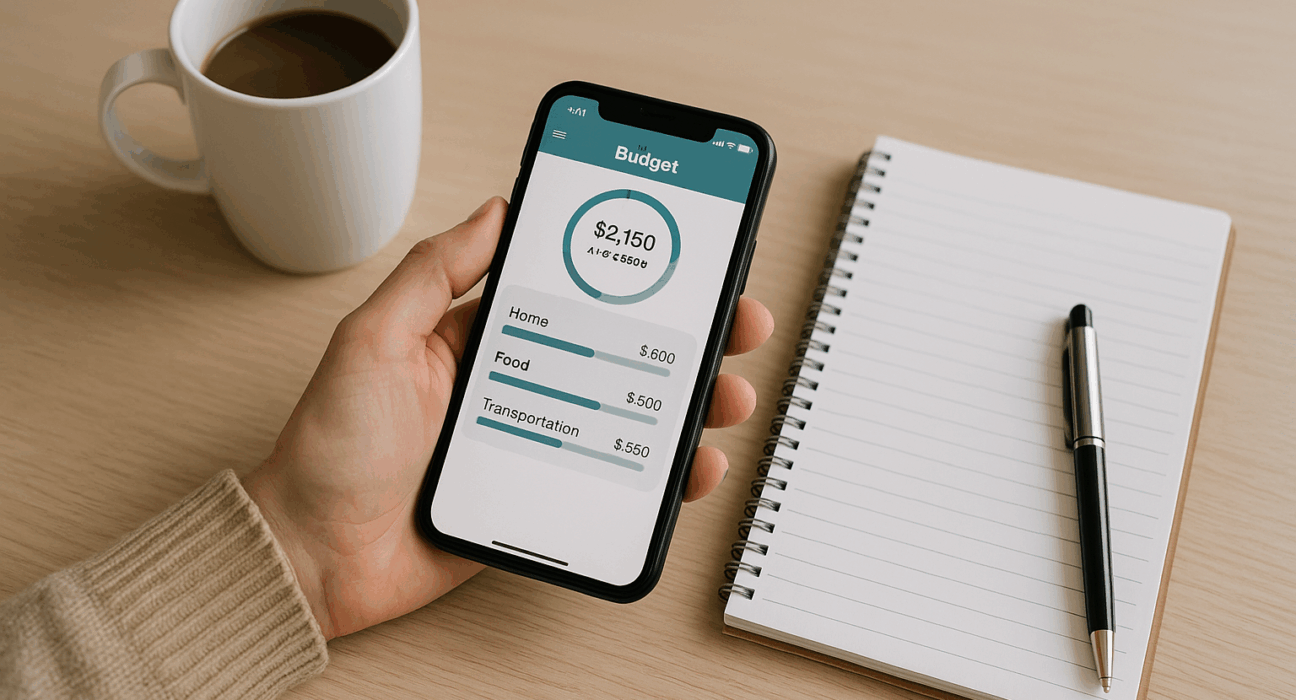Budgeting is already challenging—but when your income isn’t predictable, it can feel impossible. If you’re a freelancer, contractor, gig worker, or earn tips or commissions, you know that no two months look the same.
But don’t worry. With the right strategy, you can create a flexible and effective budget that works whether your income is feast or famine.
Understand Your Income Range
Start by calculating your income over the last 6–12 months. This gives you a range:
Low-income months (the worst-case scenario)
Average-income months (your true baseline)
High-income months (bonus buffer)
Use your average monthly income as your baseline for planning. Avoid using your highest-earning months—they create a false sense of security.
🔗 Related: 5 Budgeting Mistakes That Are Keeping You Broke—and How to Fix Them
Separate Fixed and Variable Expenses
Make two lists:
Fixed expenses: Rent, subscriptions, insurance, loan payments.
Variable expenses: Groceries, utilities, transportation, entertainment.
Cover your fixed expenses with your average or low-income months. Then adjust variable spending based on how much you actually earn.
🔗 Explore: Best Budgeting Tools for Freelancers and Creators
Use the 50/30/20 Rule as a Guide
This popular budgeting rule works well for irregular income:
50% Needs (based on low-income month)
30% Wants (only if you exceed your baseline)
20% Savings/Debt Repayment (non-negotiable when income is strong)
On low months, pause discretionary spending. On high months, bulk up your savings.
🔗 Also read: The 50/30/20 Budgeting Rule—Still a Smart Strategy?
Build a Buffer Fund
Think of this like a mini emergency fund specifically for uneven income. Aim to save 1–2 months’ worth of expenses. This lets you “pay yourself” a consistent income from your savings, even when your earnings dip.
Pro Tip: Use a separate high-yield savings account for this buffer.
Automate What You Can
Even if your income is inconsistent, automating certain things removes emotional decision-making:
Auto-transfer a small % to savings
Automate minimum debt payments
Set low alerts on spending accounts
This protects your budget during both high and low months.
Final Thoughts
Irregular income doesn’t mean chaotic finances. It just means your budget needs more flexibility and a solid plan. Start with your averages, prioritize essentials, and build a buffer to smooth out the bumps.
Smart budgeting isn’t about how much you earn—it’s about how you plan.
🔗 Next up: How to Start Saving Money Without Feeling Deprived





